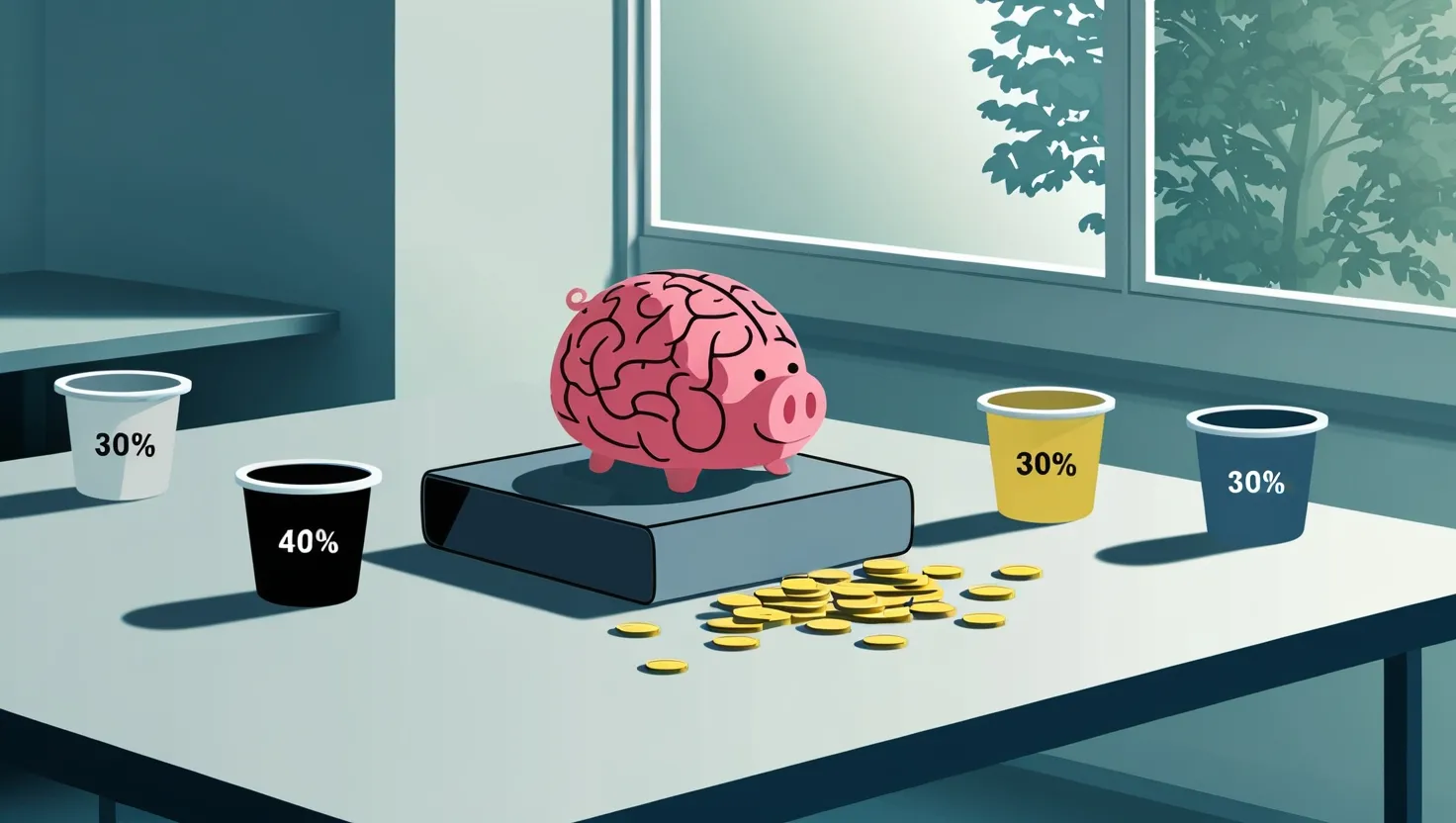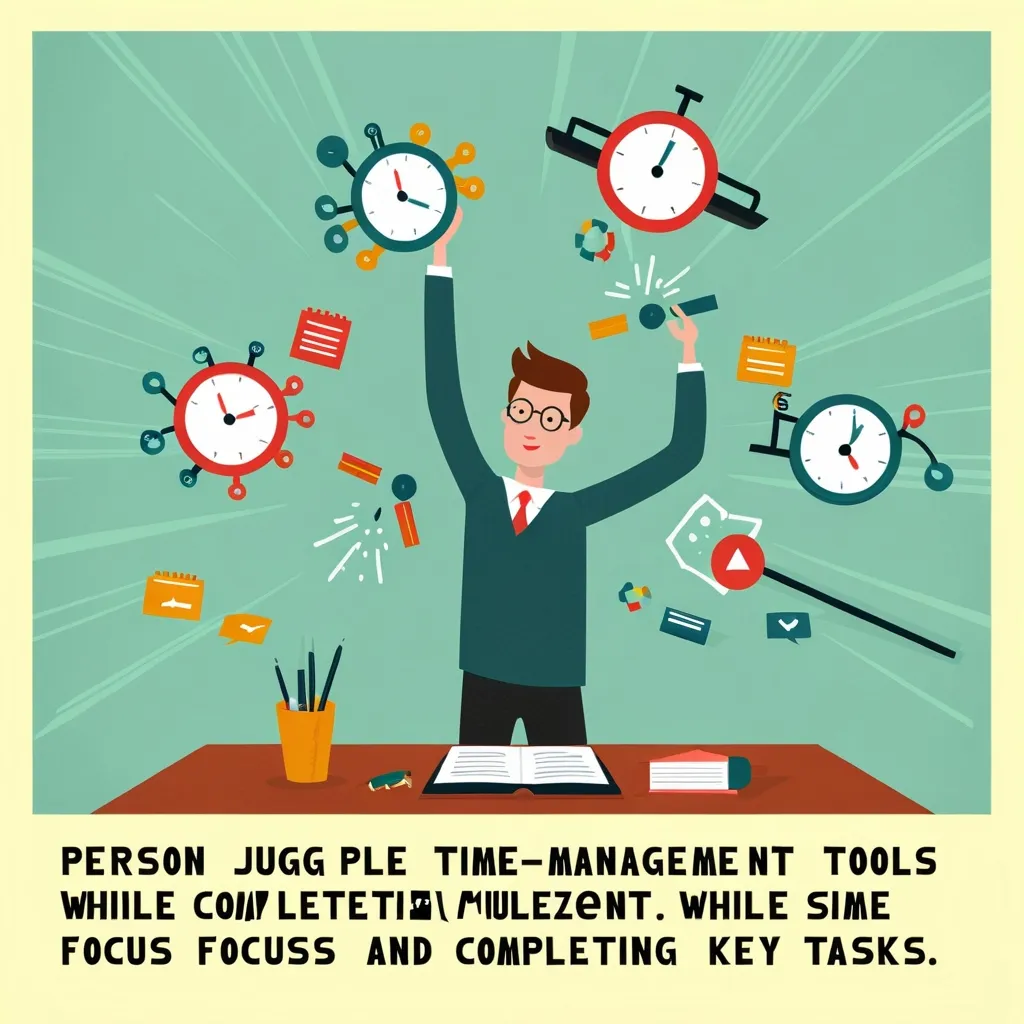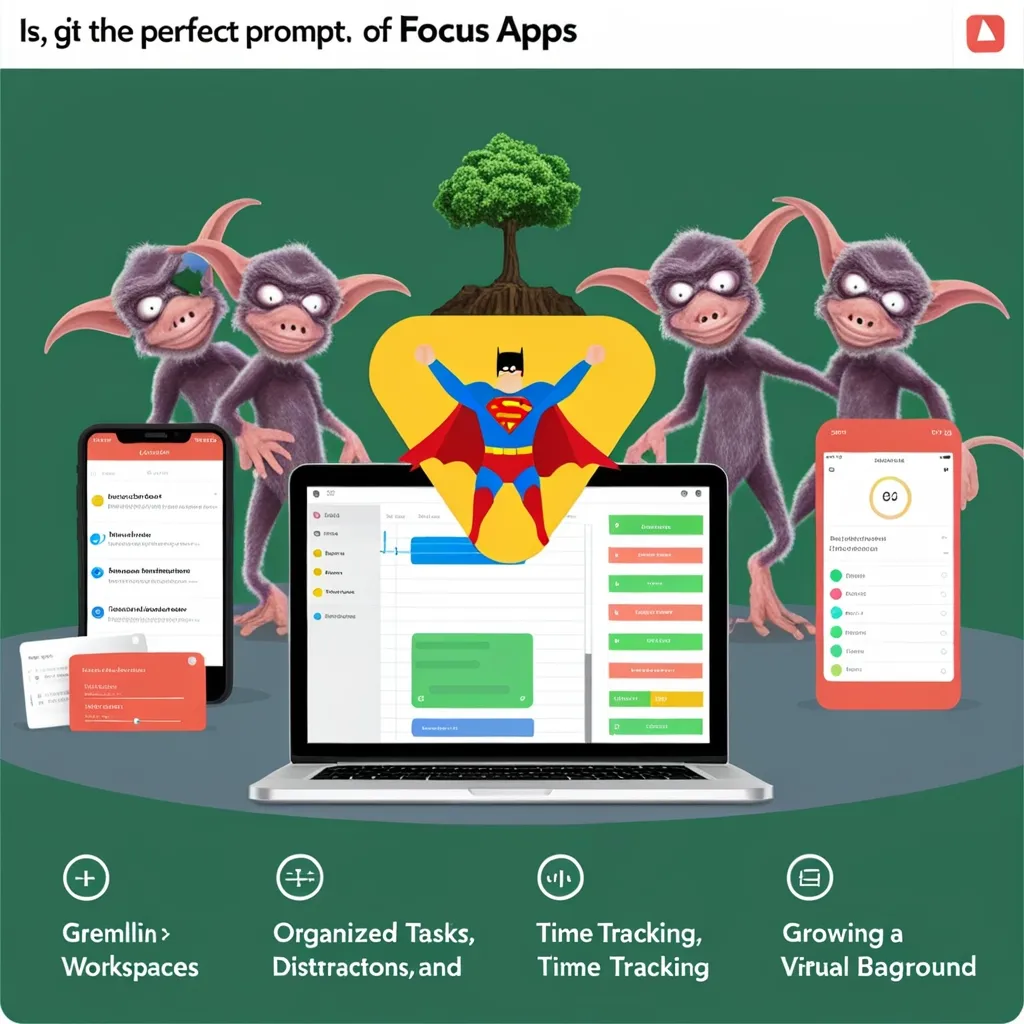In the hustle and bustle of our daily lives, it’s easy to get caught up in the idea that constant work and no play is the key to success. However, this mindset can lead to burnout and stifle the very creativity and innovation we need to thrive. What if I told you that taking breaks isn’t just about resting, but about cultivating mini moments of creative exploration?
Imagine starting your day with a cup of coffee, not just as a routine to wake you up, but as an opportunity to let your mind wander. Those few minutes can be more than just a pause; they can be a portal to new ideas and fresh perspectives. This concept of using breaks as intentional uptime for your brain is something that has transformed the way I approach my work and personal life.
The Power of Mental Incubation
Have you ever had one of those “aha” moments while taking a shower or solved a problem magically upon waking up? This phenomenon is rooted in what psychologists call “mental incubation.” When you step away from a problem, your unconscious mind continues to work on it, often leading to insights that might not have come to you while you were actively trying to solve it.
As a leader, I’ve learned that encouraging my team to take these breaks is crucial. It’s not about being lazy or avoiding work; it’s about creating an environment where creativity can flourish. When employees are given the time to pause and rest, they return with fresh perspectives, new energy, and a healthier mindset. I recall an instance where an employee came back from a conference re-energized and full of new insights, despite the timing not being ideal. This break ended up benefiting the entire team and the company as a whole.
Micro-Mindfulness: The Art of Small Pauses
Incorporating micro-mindfulness into your daily routine can be a game-changer. This involves taking small, intentional pauses throughout the day to bring your attention back to the present moment. It’s not about dedicating an hour to meditation or yoga; it’s about practicing mindfulness in short, manageable sessions.
For example, you can try one-minute breathing exercises. Simply take a deep breath in for four seconds, hold it for four seconds, and then exhale for another four seconds. Repeat this process for a minute. This simple act can help reduce stress and improve your focus.
Another technique is the five-senses check-in. Pause for a moment and notice five things you can see, four things you can touch, three things you can hear, two things you can smell, and one thing you can taste. This exercise helps you stay grounded and present.
Practical Tips for Strategic Disengagement
Disengaging from the frenzy of work can be challenging, but it’s essential for creativity and productivity. Here are a few practical tips to get you started:
- The Walk Away: Determine ahead of time how long you want to work on a problem before taking a break. I recommend stepping away after an hour or two and revisiting the problem the next day. Even a short break of 10 minutes can help your brain incubate and better solve problems.
- Schedule Your Breaks: Make sure to prioritize rest and recovery by scheduling breaks into your calendar. Knowing you have dedicated time off can keep you focused on your work as you look forward to the reward of resting.
- Model the Behavior: As a leader, it’s crucial to model the behavior you want your team to adopt. Encourage breaks and normalize the idea of stepping away to recharge.
The Benefits of Pausing
Taking these purposeful pauses has numerous benefits that extend beyond just personal well-being. Here are a few:
- Reduces Stress: Brief breaks throughout the day can significantly reduce feelings of stress and improve overall well-being. It’s like giving your brain a small stretch break.
- Increases Focus and Productivity: Practicing micro-mindfulness can increase focus and productivity by helping to reduce distractions and improve attention.
- Enhances Creativity: Pausing allows your mind to make unexpected connections and come up with fresh insights. It’s a time to let your mind roam free, which can lead to bursts of inspiration you might not expect.
Real-Life Examples
I recall a time when I was stuck on a complex problem at work. Instead of pushing through and risking burnout, I decided to take a walk outside. The fresh air and change of scenery allowed my mind to incubate the problem, and when I returned, I had a fresh perspective and was able to solve it more creatively.
Another example is from my personal life. During a particularly stressful period, I started incorporating short mindfulness exercises into my day. I would take a few deep breaths, focus on the sensations in my body, and tune in to the sounds around me. This practice helped me feel calmer and more centered, even in the midst of chaos.
Creating a Culture of Rest
In today’s fast-paced world, it’s easy to get caught up in the idea that constant work is the key to success. However, this mindset can be detrimental to both personal and professional growth. As leaders, it’s our responsibility to create a culture that values rest and recovery.
Encouraging breaks and normalizing the idea of stepping away can improve the overall well-being of your team. It allows them to zoom out of the micro day-to-day tasks and think with a macro perspective, leading to more creative and innovative solutions.
The Paradox of Pausing
It might seem counterintuitive that slowing down can actually help you go faster in the long run. However, this paradox is rooted in the natural transformative process of pausing. Just as sleep is essential for the mind and body, pausing is essential for leadership and innovation.
In a world where we are constantly connected and expected to perform continually, pausing can be a powerful tool. It allows us to step back, gain new insights, and come back ready to inject new energy and optimism into our work.
Conclusion
Taking breaks isn’t just about resting; it’s about stepping into mini moments of creative exploration. By incorporating purposeful pauses into your day, you can transform downtime into uptime for your brain. This subtle shift can refresh you, enrich your day with bursts of inspiration, and ultimately lead to greater success and innovation.
So, the next time you find yourself feeling overwhelmed or stuck, remember that taking a break isn’t a sign of weakness; it’s a sign of strength. It’s a recognition that your mind needs time to incubate, reflect, and come up with fresh ideas. By embracing these micro-moments of innovation, you can redefine what it means to take a break and unlock a world of creativity and productivity.






